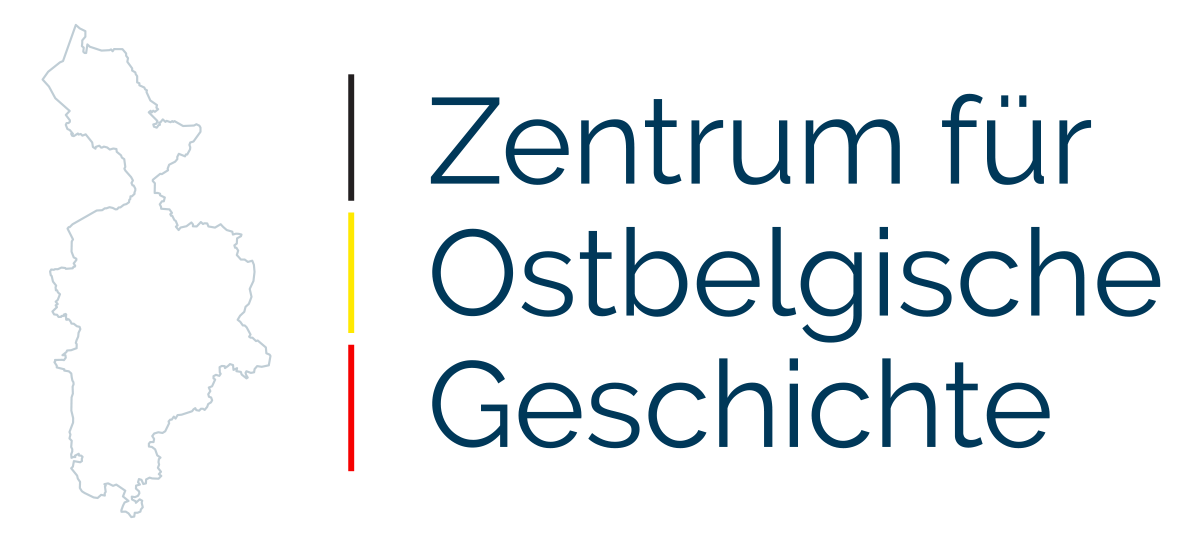Eupen Town Hall
Belgium
Bookmark
Plan
Share
Directions
This building and the adjacent church are the remains of a Franciscan monastery from 1665 to 1795. The main building became the property of the municipal administration of Eupen in 1808 served as Town Hall until 2021.
In the 20th century, the Town Hall became a place in front of which three 'liberations' were celebrated – but from different perspectives. In 1920, when the territory had become part of Belgium, the new governor welcomed the 'brothers lost in 1815'.
Twenty years later, with the arrival of German troops on 10 May 1940, local leaders of the Heimattreue Front (a regional party with close connexions to the NSDAP), took over the building and hoisted a swastika flag. Soon a large banner spelling 'Führer wir danken Dir' (Führer, we thank you), would decorate the balcony, thus celebrating the annexation by Nazi Germany.
Girls of the local Bund Deutscher Mädel (League of German Girls) stood on the entrance stairs, saluting the Wehrmacht soldiers and chanting Nazi songs. In a spirit of vengeance, local Nazis chased 'Pro-Belgians' who had not fled in time. Police commissioner Friedrich 'Fritz' Hennes was grounded in front of the Town Hall and spat upon by BDM girls. He and others were then held in 'protective custody' in the Town Hall. After several arrests by the Gestapo, Hennes was deported to Sachsenhausen Concentration Camp, where he died in 1941. Over 1,000 officials and pro-Belgians fled inland. Some of them became active within the Resistance networks.
By mid-September 1944, following the liberation from Nazi Germany, the surviving pro-Belgians could return home. Others left East Belgium towards Germany, fearing reprisals. The banner on the Town Hall balcony now spelled: 'Dank den Alliierten unsern Befreiern/Es lebe Belgien/Es lebe der König/Es lebe der Regent' (Gratitude to the Allies, our liberators, Long live Belgium, Long live the King, Long live the Regent). In 1945 the building would be decorated with Belgian flags and coats of arms.
Vengeance was now upon former Nazi activists and parts of the German-friendly population. In a speech in front of the Town Hall on 31 March 1945, Mayor Hugo Zimmermann stressed the Belgian feelings of the population and called for the denouncing of those who had been active otherwise during the war. In the curse of the political purge many people were condemned for 'collaboration' and lost their civil and political rights, and in some cases also the Belgian nationality.
Content developed with our partner






